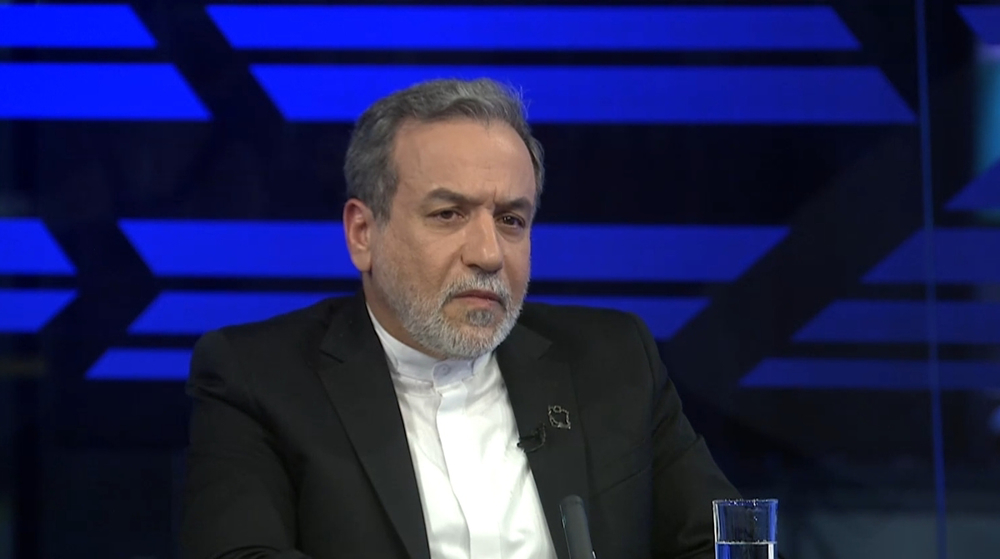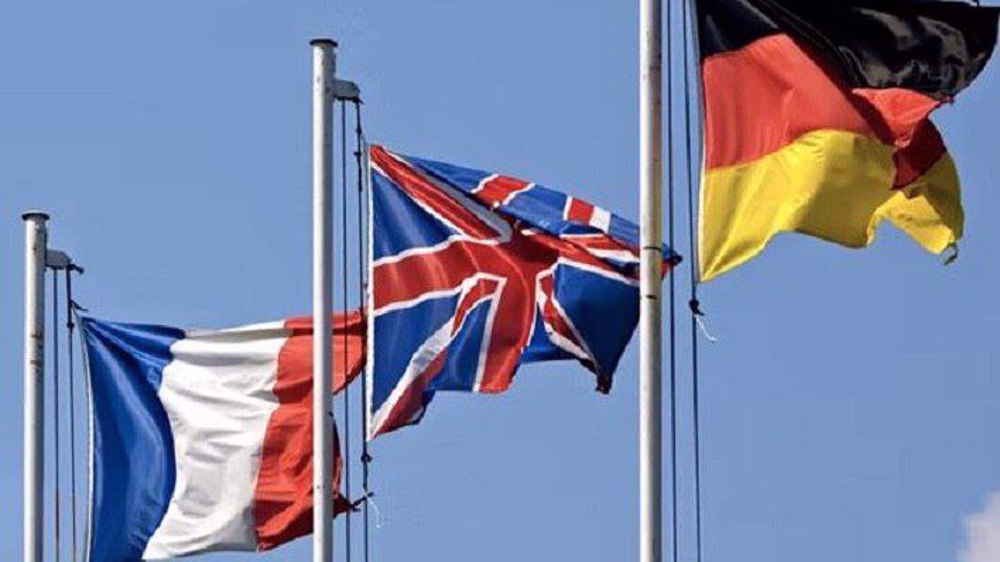IAEA chief says only few weeks left to revive Iran nuclear deal
Director General of the International Atomic Energy Agency (IAEA) Rafael Grossi says the revival of a 2015 nuclear agreement reached between Iran and major world powers must happen within the coming weeks.
"It is clear that we don’t have many months ahead of us. We have weeks," Grossi said in an interview for the Reuters Next conference on Monday.
His comments came after Iran resumed 20% uranium enrichment and the country's parliament approved a law to counter unilateral sanctions imposed by the United States on Tehran.
Iran on January 4 announced the beginning of the process to enrich uranium to 20 percent purity at its Fordow nuclear facility in its latest step to reciprocate the United States' unilateral move to withdraw from the nuclear agreement, officially known as the Joint Comprehensive Plan of Action (JCPOA).
Since Washington's much-criticized exit, it has been attempting to prevent the remaining signatories – Britain, France, China and Russia plus Germany – from abiding by their commitments and thus kill the historic agreement, which is widely viewed as a fruit of international diplomacy.
Iran remained fully compliant with the JCPOA for an entire year, waiting for the co-signatories to fulfill their end of the bargain by offsetting the impacts of American bans on the Iranian economy.
In response to the US' unilateral withdrawal from the JCPOA, Tehran has so far rowed back on its nuclear commitments five times in compliance with Articles 26 and 36 of the nuclear deal, but stressed that its retaliatory measures will be reversible as soon as Europe finds practical ways to shield the mutual trade from the US sanctions.
On December 1, Iranian lawmakers overwhelmingly voted in favor of the “Strategic Action Plan to Lift Sanctions and Safeguard Interests of Iranian People,” which intends to counteract sanctions imposed on Iran after President Donald Trump on May 8, 2018 pulled the United States out of the JCPOA. The bill became law after Iran’s Guardian Council ratified it a day later.
According to the law, the Iranian administration is required to suspend more commitments under the nuclear deal.
The law tasked the Atomic Energy Organization of Iran (AEOI) with producing and restoring at least 120 kilograms of enriched uranium with a 20-percent purity level every year and also enrichment beyond 20 percent if the country’s peaceful nuclear activities demanded.
An Iranian lawmaker said on January 9 that US President-elect Joe Biden's administration, which takes office on January 20, would be given until February 21 to reverse anti-Iran sanctions.
In his Monday interview, Grossi also commented on the law passed by the Iranian Parliament and said, "I must take it seriously because it's the law," adding that he believed the Iranian government intended to implement it.
The spokesman for the Atomic Energy Organization of Iran, Behrouz Kamalvandi, said earlier on Monday that the nuclear body will implement technical aspects of the recently-approved law.
In an interview with the Iranian Parliament’s official ICANA news agency, AEOI’s spokesman said, “The AEOI will implement the technical part of this law and we are already doing this regardless of how the executive bylaw of this law is drawn up.”
Further in his remarks, the UN nuclear agency chief said Iran was progressing "quite rapidly" in 20 percent enrichment and that based on estimations it would be able to reach about 10 kilograms a month at its facility in Fordow.
Iran says it has no intention to weaponize enrichment.
"There will have to be a clear understanding on how the initial terms and provisions of the JCPOA are going to be recomplied with," Grossi said.
Iran’s nuclear chief said on January 5 that the country has the capability to produce up to 9 kilograms of enriched uranium with the purity of 20 percent per month.
“At present, we produce 17 to 20 grams of 20 percent [enriched] uranium every hour. We have a production capacity of 8 to 9 kilograms per month to reach the 120-kilogram limit stipulated in law,” AEOI Head Ali Akbar Salehi told reporters.
He said the newly-enriched uranium would be stored for future use, stressing that the AEOI activities have never stopped or slowed down.
In an interview with CNN earlier this month, Biden said he remains committed to the principles of the Iran nuclear deal.
Biden also denounced Trump's withdrawal from the JCPOA.
Read more:
Hamas hails Gaza’s victory over Israel in genocidal war, its forcing enemy to agree to ceasefire
'Capitulation': Israeli officials and media concede Gaza defeat as truce unfolds
'Gaza has won': Social media users react to ceasefire with mix of relief, joy
Iran seeks South Korea’s assistance for AI, fiber-optic projects
VIDEO | Iran's 'Eqtedar' (Power) maneuver
Israel hits HTS military target in Syria for 1st time since fall of Assad
VIDEO | Press TV's news headlines
Israel has slaughtered 13,000 students in Gaza, West Bank












 This makes it easy to access the Press TV website
This makes it easy to access the Press TV website